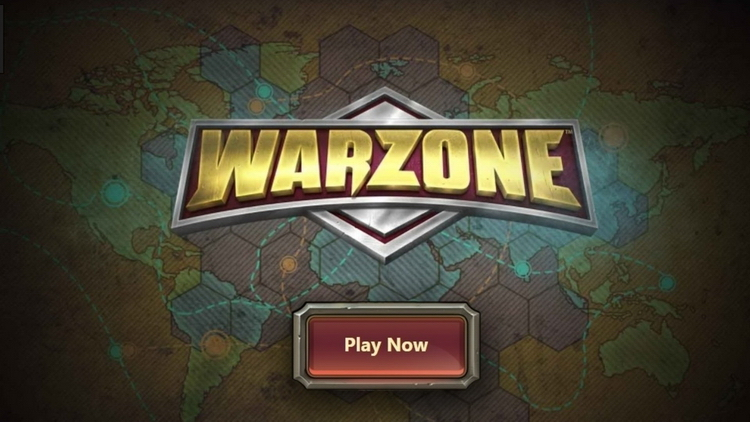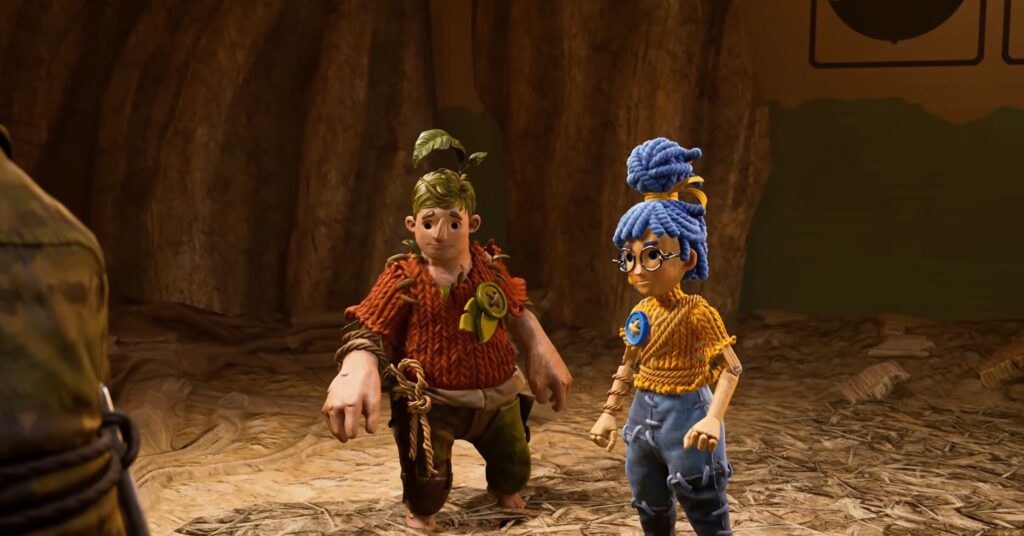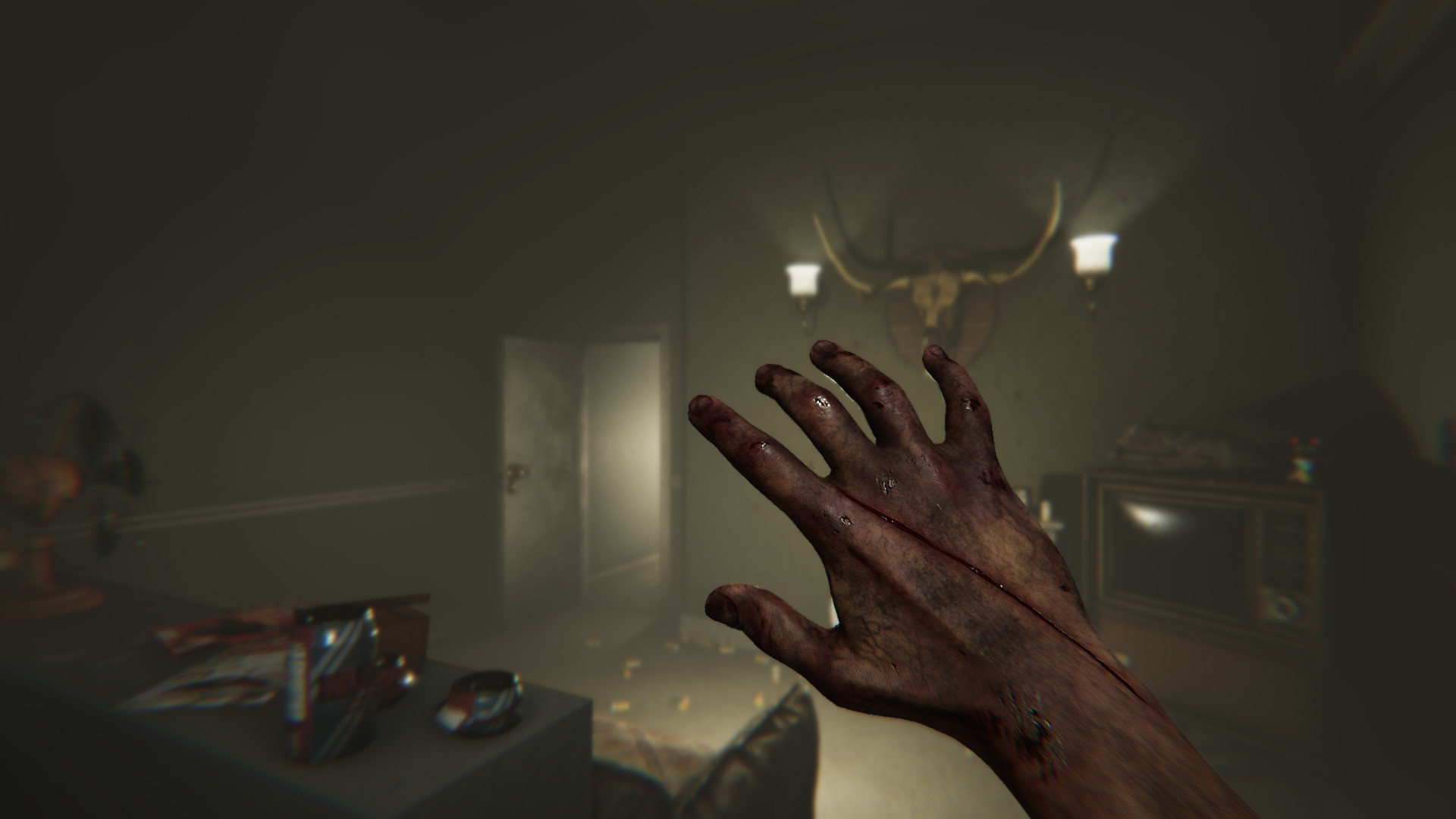What developers should know about trade marks to protect their games
Do you need to trademark your game’s name? Is it safe to release without a trade mark? What to do if a fellow dev accuses you of infringing their rights? We caught up with Tim Repa-Davies, games lawyer at media and technology law firm Sheridans, to discuss how game developers can navigate the often intimidating realm of trade marks.
Tim, if we go over some recent trade mark conflicts, one of the bigger cases involves online game Warzone.com launched in 2017. In 2020, Activision came along and tried to trademark the word “Warzone.” So my first question would be this: Would you advise all devs to always trademark their IPs to prevent anybody from using a similar name in the future?
Trade marks can certainly be very useful for indie devs, and there is a clear value in devs having a trade mark to prevent unauthorized use by a third party of a name or brand that is specific to their game or studio. A trade mark draws a clear line in the sand to make others aware that “this is mine”.
Where developers are building a brand and trading under a distinctive name it is certainly worth considering registering a trade mark as it will be a valuable asset of their studio. For studios looking to raise equity funding (i.e. selling shares in their company), most investors would expect the dev to have trade marks registered (or at least a plan for doing so).
However, depending on the stage of development, trade marks might not make financial sense for the developer. Trade marks are territorial so require registrations in each territory that the developer is going to release its game. Normally this means devs will focus on registering in certain key territories — e.g. Russia, USA, EU, UK, Japan, China. However, even being selective in this way can lead to significant registration costs, and that might not be possible for a developer that is still looking to secure funding.
Is it even a legitimate concern for devs? Not sure how often gaming companies really clash over trade marks.
It certainly happens a fair bit, and there have been some high-level cases over the years (the “Warzone” dispute that Game World Observer has covered here; Bethesda vs. Mojang regarding the word “Scrolls”; and of course King’s numerous battles in the early 2010’s concerning “Saga” and “Candy”).
More often than not it is the game title that is infringed (rather than the studio name — although that can happen as well) so if a developer believes they have a unique game name or title then looking to register it in one territory first can pay dividends later (as well as being helpful for registering that mark in other territories at a later date).
Right. Another recent case concerns Take-Two. The publisher had disputed Hazelight’s ownership of the name It Takes Two before the studio abandoned its application for a trade mark in March. What’s the lesson here for devs? To avoid anything that might be construed as sounding similar to the existing brands?
A trade mark is a sign (which for devs is likely to be a word or logo) that identifies the goods and services of one business or distinguishes them from those of another business. I realize that is lawyer-speak, but essentially it is something that makes the dev stand out from all the other devs or games companies out there.
Trade mark infringement can arise if someone uses a “sign” that is identical or similar to a registered trade mark. Consumers / players do not necessarily have to be confused between the two marks. If a third party is using an identical mark for commercial purposes then the trade mark owner might have a claim to prevent this third party from using their registered mark.
Trade marks are also registered in specific classes of goods and services. For games companies this means ensuring that they register their marks in the right class or classes to be properly protected. You might find similar or identical trademarks registered in other classes that do not capture games, or games-related services. In such cases devs might be ok to register a mark for games-specific classes even if the trade mark is identical. However, I would recommend consulting a lawyer before doing so to reduce the risks of being caught by any litigation.
Before settling on a name for your game or studio check search engines, social media handles, Steam, and also the relevant trademark registers to see if anything identical or similar to the mark you want to register already exists. This will give you a good idea of what is and what isn’t available or might already be used by other games or software companies.
As a rule of thumb try to avoid using marks or names that are already in use (or are overly similar) especially if they are being used by large studios or companies. As the “Warzone” case suggests it is easier for a large studio like Activision to throw money at trade mark litigation — and sadly that’s not something most devs can compete with.
So in trade mark conflicts, smaller devs are at a disadvantage compared to bigger companies due to simply not being able to afford litigation?
I’d agree with this as trade mark disputes can run for a long time with lots of back-and-forth. Generally that means getting a lawyer involved and that means legal fees and other costs that can increase over time.
However, that doesn’t mean devs should just roll over. It might be that you have a legitimate claim, and that should be respected by even larger companies.
In any case it is worth taking legal advice to assess your case. Most law firms, including Sheridans where I work as a partner, offer free legal consultations to new clients so you can get advice on the particulars of your case before you decide to take action (or not as the case might be).
It Takes Two
I really hope, though, Hazelight doesn’t have to change the name It Takes Two. That doesn’t always have to be the case in these situations, right?
Whether a dev has to change its studio or game name will depend on the circumstances. If you have carried out searches on a search engine or on trademark registers and have found “nothing” then the dev should be ok. However, even if trademark registers show no results but it looks like someone might be using the name then this could still cause issues as the person / company using that name might have generated a reputation or other goodwill in that name that gives them unregistered rights. If you then proceed to register the trademark anyway, and this person opposes your application, then you might be seen to have applied to register the trademark in bad faith — and that could see your application refused.
If in doubt it is always worth speaking to a lawyer or trade mark agent to get an independent opinion. It can save a lot of heartache down the line!
This makes me think of the studio behind upcoming horror game MADiSON. If only the devs had known all of this, they would not have initially named their studio NOSEBLEED GAMES, which is almost identical to Nosebleed Interactive, another gaming company registered in a different country. The conflict has been resolved as the infringing studio has renamed itself to BLOODIUS GAMES, but that’s exactly what got them in trouble in the first place: they only checked the trade mark registers.
As we’ve mentioned above, just because a name or mark does not appear to be registered as a trade mark does not mean that someone does not have other pre-existing unregistered rights to use that name or mark.
For example, the UK has a common law action (created in the courts rather than existing in written legislation) called “passing off” that allows for individuals or companies to protect a name or mark that has built up a reputation. There are similar courses of action around the world to protect unregistered rights (and other factors to consider to determine if they apply), but generally if it is clear that someone has been using an identical name or mark for a long period of time then there is a likelihood that they have unregistered rights that they could enforce.
I would definitely recommend a wider search than just looking at the trademark registers. Google is a great tool for this, but also checking Steam to see if there are other games or studios out there already using the name can be helpful too.
MADiSON
Google — check. Steam — check. But is there any way to know for sure that the name you’re going for will not be trademarked in another country?
Quite a few trademark registers around the world are available for anyone to view as a part of the public record.
We mentioned above that trademarks are territorial so are only effective in the country that they are registered in. In today’s world it is easy for the lines between countries to be blurred and using an infringing name for your game on Steam (or any online service or media that is available worldwide) could trigger infringements in several countries!
There are services out there that allow for alerts if someone has registered an identical or similar mark around the world. So you can have an idea if someone has filed an application in a territory where you might not have a trade mark filed, or may wish to expand your existing trademark rights.
Tim, thank you for this conversation. Any final words of advice for devs who have found themselves in a trademark conflict / hope to never be sucked into one?
Do not panic (or as an Englishman maybe that should be “Keep Calm and Carry On”)!
If you receive a letter from a lawyer or another studio saying that you have infringed their rights it might not tell the full story. Look to take legal advice, assess your options before you make any rash decisions. It might be that “yes” you do have to change your game or studio name, but also it might be that an agreement can be reached whereby you can keep using the name in some form or another.
Trade marks (and trade mark law) can be a complicated and confusing area. If in doubt, ask a lawyer!



